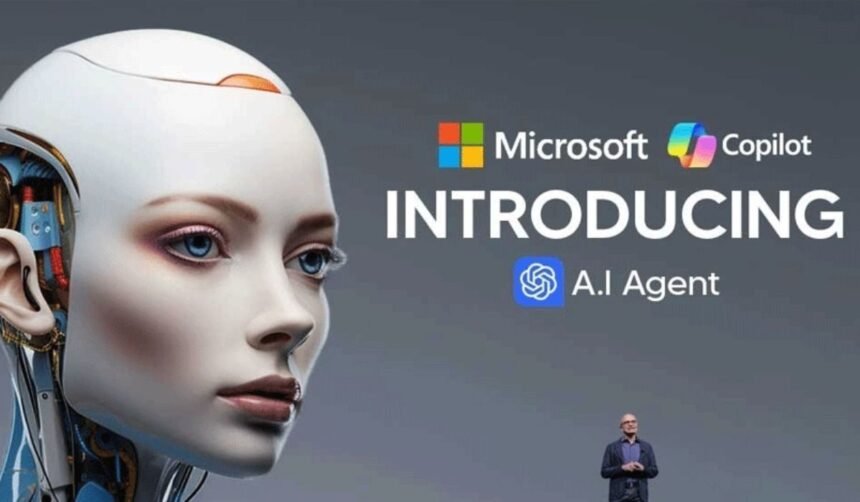Microsoft has unveiled plans to build a future where artificial intelligence (AI) systems from different companies can communicate, share data, and remember past interactions — making them more helpful and personalised for users.
Ahead of its annual Build developer conference in Seattle on May 19, Microsoft’s Chief Technology Officer Kevin Scott discussed the company’s strategy to encourage cooperation across the AI industry. He explained that Microsoft is supporting an open-source project called the Model Context Protocol (MCP), launched by AI research firm Anthropic, which is backed by Google.
Read More: Microsoft CEO Challenges Google in Antitrust Showdown
MCP is designed to help AI agents — systems that carry out specific tasks like answering questions or fixing software bugs — interact and exchange information. Scott compared this effort to the development of the internet in the 1990s, when web standards enabled different websites and services to connect seamlessly.
He stressed that the success of this “agentic web” should be driven by the ideas and needs of users, not limited to a few large companies.
Microsoft is also working to improve how AI systems retain information. Many currently treat every conversation as new, with little memory of past exchanges. To address this, Microsoft is using a method called structured retrieval augmentation. This allows AI to create short, useful summaries of previous interactions — similar to how human memory works — making future conversations more efficient and intelligent.
Read More: Tech Titans Clash: OpenAI vs. Elon Musk
Scott said this new method reduces the computational strain of remembering full conversations while still keeping the essential details.
These developments aim to make AI more responsive and better at understanding context, which could significantly enhance digital tools across fields such as customer service, education, and healthcare. Microsoft believes such open and memory-smart systems will shape the next phase of AI evolution.


